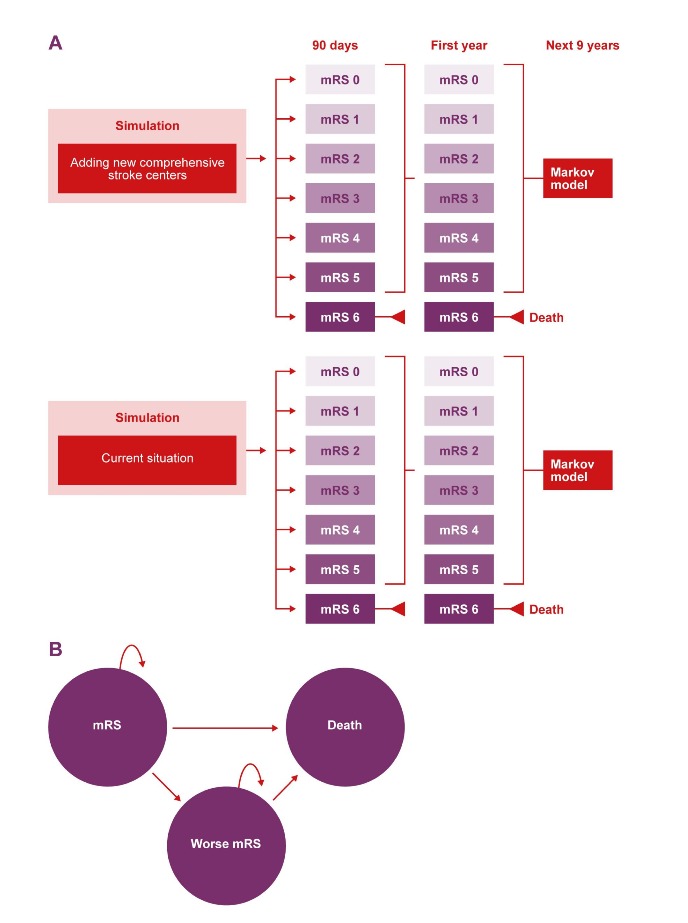CONTRAST part 2 - Economic evaluations of stroke care treatments
| Date: | 14 April 2022 |

Chi Nguyen is a PhD students who ispart of the CONTRAST project. Her research will focus on the economic evaluations of stroke care treatments and their organization in the Netherlands. She works along with PhD student Willemijn Maas from the UMCG.
Return to the Netherlands
“I am a second-year PhD candidate in the Operations Department, University of Groningen, from March 2020. I come from Vietnam, where I obtained my bachelor degree in Pharmacy. In 2016, I came to the Netherlands for a 2-year Master program at Radboud University, with the major of health technology assessment. After master graduation, I went back to Vietnam to work for over a year and really missed the Netherlands (but not the Dutch weather). Now I am on the PhD journey in Groningen and can enjoy ‘Kibbeling’ and ‘Bitterballen’ again. I like doing yoga, cooking, hanging out with friends, and gardening in my free time. I also love travelling and visited many beautiful towns in the Netherlands.”
Research
“My research is about economic evaluations of stroke care treatments and their associated organization in the Netherlands. My project is closely linked to the project of my colleague, Willemijn Maas. In this project, we aim to develop new models to assess cost-effectiveness of stroke care strategies, and analyse the cost-effectiveness of stroke care strategies from a Dutch healthcare payer perspective and societal perspective.
Regarding the first objective, we combine discrete event simulation and Markov models, to provide a flexible and realistic representation of the acute stroke care pathway as well as considering long term effects of treatments (Figure 1). A Markov model is a stochastic model in which transitions between different states are run in a certain time to capture all consequences of new interventions and current practice. Furthermore, we will apply our model to answer questions about the cost-effectiveness of re-organizing stroke services. For example, is it cost-effective to add new comprehensive stroke centers in the North of the Netherlands? Further, the question “Should we introduce pre-hospital triage to transfer suspect stroke patients faster to comprehensive stroke centers?” could be answered by using the cost-effectiveness model.”

Impact
“The aging population and high economic burden of post-stroke require innovative treatments and well-organized stroke care pathways. However, introducing new stroke services could be costly while health resources are constrained. Therefore, questions regarding the efficient use of scarce resources are important topics for policymakers and clinicians.
Our new model allows a pragmatic approach to assess the cost-effectiveness of re-organizational stroke services with different set-ups. Additionally, our results will provide evidence on the cost-effectiveness of new strategies for policymakers, clinical physicians, and other stakeholders to make a better-informed decision in stroke care services. New stroke strategies may be applied in the Dutch setting if these strategies are cost-effective when compared to current practice.”
For more information, please contact Chi Nguyen

